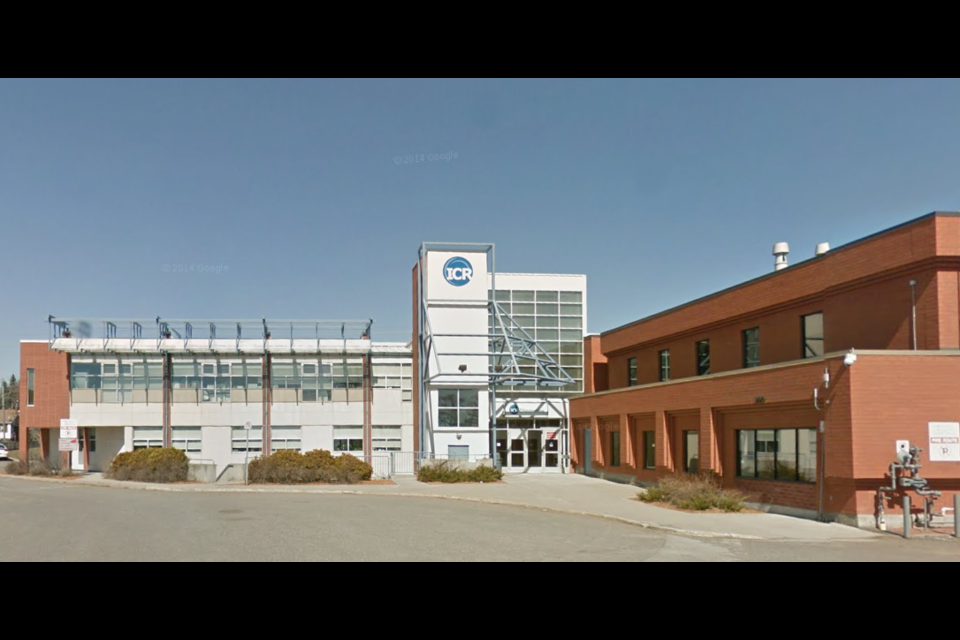The Lake Superior Centre for Regenerative Medicine (RegenMed) will manufacture and distribute a new product that promotes skin growth and wound healing.
RegenMed is a not-for-profit tissue bank and is Ontario's exclusive processor of musculoskeletal tissues.
Under a partnership with Halifax-based DeCell Technologies Inc., it will now be the only facility in Canada producing DermGEN.
In a Nov. 6 announcement, the Thunder Bay centre described DermGEN as acellular dermal matrix – decellularized human skin that provides a natural scaffold for wound healing, allowing the patient's own cells to to grow and to eventually replace the matrix.
DeCell founders and biomedical engineers Dr. Paul Gratzer and Sean Margueratt are the first researchers in the world to automate the process to decellularize skin.
"Their intellectual property-protected process has proven to increase the clinical effectiveness in wound healing through skin regeneration, while lowering manufacturing costs," the announcement stated.
According to RegenMed, early studies have shown the product is effective in healing diabetic foot ulcers that wouldn't heal utilizing the current standard of care in Canada.
The centre said it expects the product will result in a significant reduction in amputations required due to foot ulcers.
Each year, foot ulcers require about 2,300 Ontarians to under leg amputations below the knee.
DermGEN will also be used to treat acute and chronic wounds in various other clinical applications, RegenMed's announcement said.
Lakehead University's Idevania Costa, described as a leading researcher in the management of chronic wounds, called the product "innovative" and an advancement in wound care.
RegenMed said DermGEN will have a particular impact in northwestern Ontario because the region has significantly higher rates of diabetes, chronic non-healing foot ulcers and associated amputations.
Executive director David Stezenko said the centre has been working on the project with DeCell for three years, and began producing skin for transplant last week.
So far, two new jobs have been created at the centre, but Stezenko said there will be more in the future.
The initial market for the product is Canada; however, he expects there will be an opportunity for international distribution as well.
"This is huge" for the centre, he said. "The opportunities within this space are absolutely incredible...This is us moving forward in plans to expand as a multi-tissue processing centre."
RegenMed and DeCell have also formed a partnership with three First Nations to initiate clinical studies at a new advanced wound treatment centre in Emo, near Fort Frances.
Last spring, Thunder Bay city council approved a delay in the repayment of $550,000 in interest-free loans given to RegenMed more than six years ago.
A 10-year repayment plan with monthly installments of about $5,000 was supposed to kick in last April.
Under the two-year extension granted by council, the city will receive the final payment in 2031.
The city also provided RegenMed with a non-repayable grant of $500,000 in 2011.
Stezenko told council the facility had 15 employees but was looking to add to the workforce.
He said the centre's board of directors had "a very steady mandate" to push the development of the biomedical cluster in Thunder Bay.
In May, 2018, the government of Premier Kathleen Wynne announced that RegenMed would become Ontario's only designated tissue processing centre, handling the preparation, storage and distribution of all tissue donated in the province for transplant purposes including skin, heart valve, bone and connective tissue.
However, the government of Premier Doug Ford subsequently put the decision under review as part of a broader examination of spending programs.
Results of the review have not been announced.
This story originally appeared on TBNewsWatch.com.




